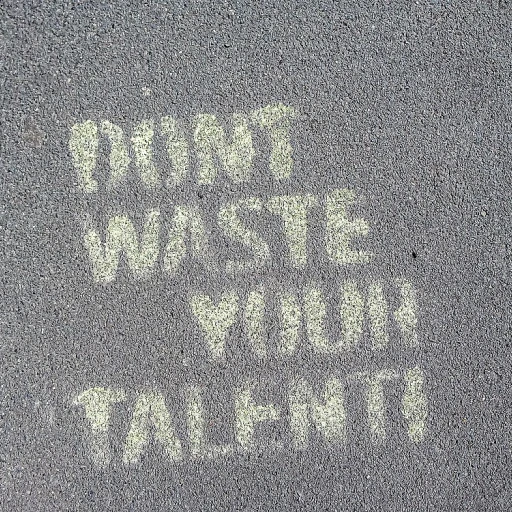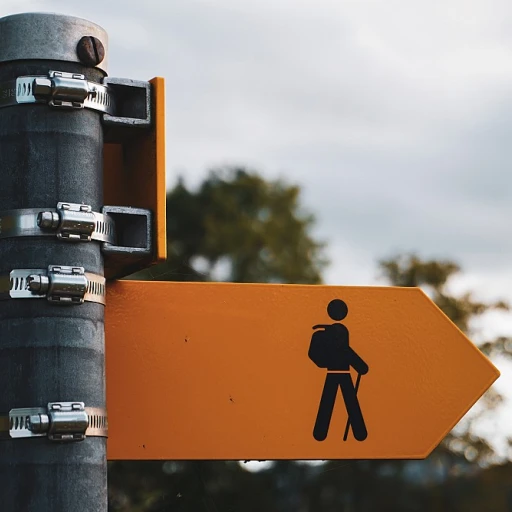
Understanding Traffic Violations
Clarifying the World of Traffic Violations
Speeding and other traffic violations often inhabit a gray area in the realm of driving offenses. It’s crucial to understand how they’re categorized by law since this can have a significant impact on a person’s record and potential consequences. Not all traffic violations are treated equally, with some viewed as infractions and others as misdemeanors.
When the law is broken due to excess speed, it leads to a speeding ticket that reflects on a driver's record. While some might dismiss a ticket as just another routine occurrence, it can sometimes be pivotal. The difference between a mere traffic infraction and a misdemeanor depends on a few factors, including local regulations and the severity of the offense. For example, recklessly exceeding the speed limit might escalate the charge to a more serious category, known as reckless driving.
Understanding these distinctions can help you navigate the possible outcomes and implications, such as points on your driver license or higher insurance rates. Moreover, if you’re facing a background check, knowing how your driving record reflects past infractions or misdemeanors is essential. It may influence your employment prospects, prompting many to seek the help of a law firm or a free consultation to review their specific situation.
Speeding: Infraction or Misdemeanor?
Determining the Severity of Speeding Violations
When it comes to the question of whether speeding is considered a misdemeanor, the answer isn't as straightforward as one might think. Traffic violations, including speeding tickets, generally fall into two main categories: infractions and misdemeanors.
Infractions are the less serious of the two, often resulting in fines but no criminal charges. However, in some instances, a speeding violation can escalate beyond a mere infraction, becoming a class misdemeanor. The circumstances of the violation, such as the speed over the limit and the specific state laws, can influence this classification.
Speeding can be considered a more severe criminal act, such as reckless driving, if it poses significant safety risks. Reckless driving offenses typically derive from excessive speeding or dangerous driving behavior. This classification not only results in heftier penalties but also affects one’s criminal record, which can impact background check trends in various professional sectors.
Moreover, the accumulation of points on a driver's license due to multiple speeding tickets can have significant consequences. Points may lead to increased insurance rates or even the suspension of a driver's license. It's crucial to understand that the severity and implications of a speeding ticket can vary between counties and states, reflecting the wider legal landscape of traffic violations.
Engaging a reputable law firm for a free consultation can provide individuals with insights into how their specific speeding violation could influence their criminal record and potential charges. Those charged with a speeding crime or seeking to avoid the harshest outcome may benefit from contacting a criminal defense attorney to review their case and help mitigate its impact.
Impact of Speeding on Background Checks
The Role of Speeding in Background Checks
When an individual receives a speeding ticket, how it impacts their background check largely depends on the nature of the charge. If the speeding violation is treated as a minor traffic infraction, it may not significantly affect employment prospects. However, if it's escalated to a misdemeanor, it could appear on one's criminal record, influencing the outcome of a background check.
Employers and organizations often perform thorough background reviews to assess a candidate's suitability. In some cases, even a minor speeding violation, categorized as a misdemeanor, can be highlighted during these checks. Being charged with speeding as a misdemeanor indicates a more serious infraction, like reckless driving or exceeding the speed limit significantly, which could carry legal repercussions. A speeding misdemeanor typically results in points added to the driver's license, elevating insurance rates and potentially appearing on a background check report.
Moreover, the county or state may have varying laws regarding speeding. For some regions, speeding even slightly above the limit might be considered reckless, hence classified under criminal offenses. This variance underscores the importance of understanding local traffic laws and the potential legal outcomes one might face if convicted.
Those with concerns about how a speeding misdemeanor might affect their standing during a background screening might consider contacting a law firm specializing in criminal defense for a free consultation. A legal expert could provide advice on mitigation strategies and help avoid damaging marks on background checks, including disputing potential inaccuracies that could unjustly affect employment opportunities.
In instances where a speeding violation can significantly influence a background check, understanding these nuances becomes critical. The comprehensive coverage here expands more on whether speeding tickets appear on background checks and offers insights into navigating this complex issue.
State-by-State Variations
Variation Across States: A Closer Look
The classification of speeding as either an infraction or a misdemeanor often varies significantly from one state to another. Understanding these distinctions is crucial, as they can impact your driver license and how it appears on your background checks.
In some states, if you exceed the speed limit by a certain margin or engage in reckless driving, the offense may escalate from a mere traffic ticket to a more serious speeding crime. This can lead to a criminal conviction, impacting your record more severely than a standard traffic ticket.
- Infraction: Often considered less severe, these might result in a fine and possibly some points on your license. Most drivers will simply pay the fine and accept the points.
- Misdemeanor: If charged with a speeding misdemeanor, you might face harsher penalties, including higher insurance rates, a potential court appearance, and an impact on your criminal record.
Certain counties within a state may also dictate their own rules, affecting how a speeding ticket is processed. Consulting a law firm experienced in navigating local traffic laws can be beneficial. A criminal defense attorney might help avoid the more severe outcomes of a misdemeanor charge.
Points added to your driving record can lead to license suspensions if they accumulate excessively, highlighting the importance of addressing any traffic violations correctly.
If facing a speeding charge, it would be wise to contact a knowledgeable attorney for a free consultation to discuss the potential outcomes depending on your county and state's laws.
Legal Consequences of Speeding Misdemeanors
Legal Repercussions of Speeding Misdemeanors
Obtaining a speeding ticket can sometimes feel like a minor inconvenience, but when the offense gets elevated to a misdemeanor, the legal consequences are more significant. A speeding misdemeanor can lead to a host of legal challenges that affect your record and potentially your future. When speeding reaches the misdemeanor level, often categorized as reckless driving in certain jurisdictions, drivers can face more than just a simple fine. Ignoring the speed limit, particularly in extreme cases, might lead to:- Higher Fines and Court Costs: Misdemeanors typically incur steep fines. Courts might also impose additional costs related to processing the case.
- Possibility of Jail Time: Although not extremely common, some jurisdictions may sentence an offender to a short stint in county jail.
- Points on Driver License: A speeding misdemeanor adds more points to your license than minor infractions, which can result in increased insurance rates or even license suspension if points accumulate over time.
- Impact on Insurance Rates: The outcome of a court case for a speeding misdemeanor can escalate your insurance premiums significantly as insurers view such convictions as high-risk behavior.
- Criminal Record: While an infraction might not appear prominently on a criminal background check, a misdemeanor conviction is classified as a criminal offense and will be part of your permanent record. This classification can affect job prospects, especially in positions that require a clean driving record or any form of criminal defense.
Mitigating the Impact on Background Checks
Strategies to Minimize Background Check Impact
When charged with speeding, it's crucial to understand that traffic violations can affect your background check, especially if they've escalated to a misdemeanor. However, there are ways to mitigate their impact effectively.- Legal Assistance: Consulting a law firm specializing in criminal defense can be invaluable. A lawyer can help you understand your options and potentially reduce the severity of the charge. For those dealing with a speeding ticket that could convert into a reckless driving misdemeanor, legal advice is crucial to avoid a conviction.
- Point Reduction: Speeding tickets often add points to your driver license. These points can impact your insurance rates and appear in background checks. Enrolling in defensive driving courses or traffic school in your county might help remove points from your driving record.
- Negotiation of Offense: Sometimes, an attorney can negotiate with the court to have the offense reduced. This could mean having a misdemeanor reduced to a traffic infraction, which has a lesser impact on background checks.
- Court Appeals: If you believe you were wrongfully charged with a more severe speeding violation, you can appeal the court's decision. Winning an appeal could lead to the dismissal of charges, thereby keeping your record clean.
- Expungement Opportunities: In some jurisdictions, once you've met certain criteria after a conviction, you may be eligible to have it expunged. Check with your local law firm for details specific to your state or county.
- Regular License Review: It's beneficial to review your driving record periodically. This way, you can ensure there are no inaccuracies and you are up-to-date with point totals that might affect your background check.













